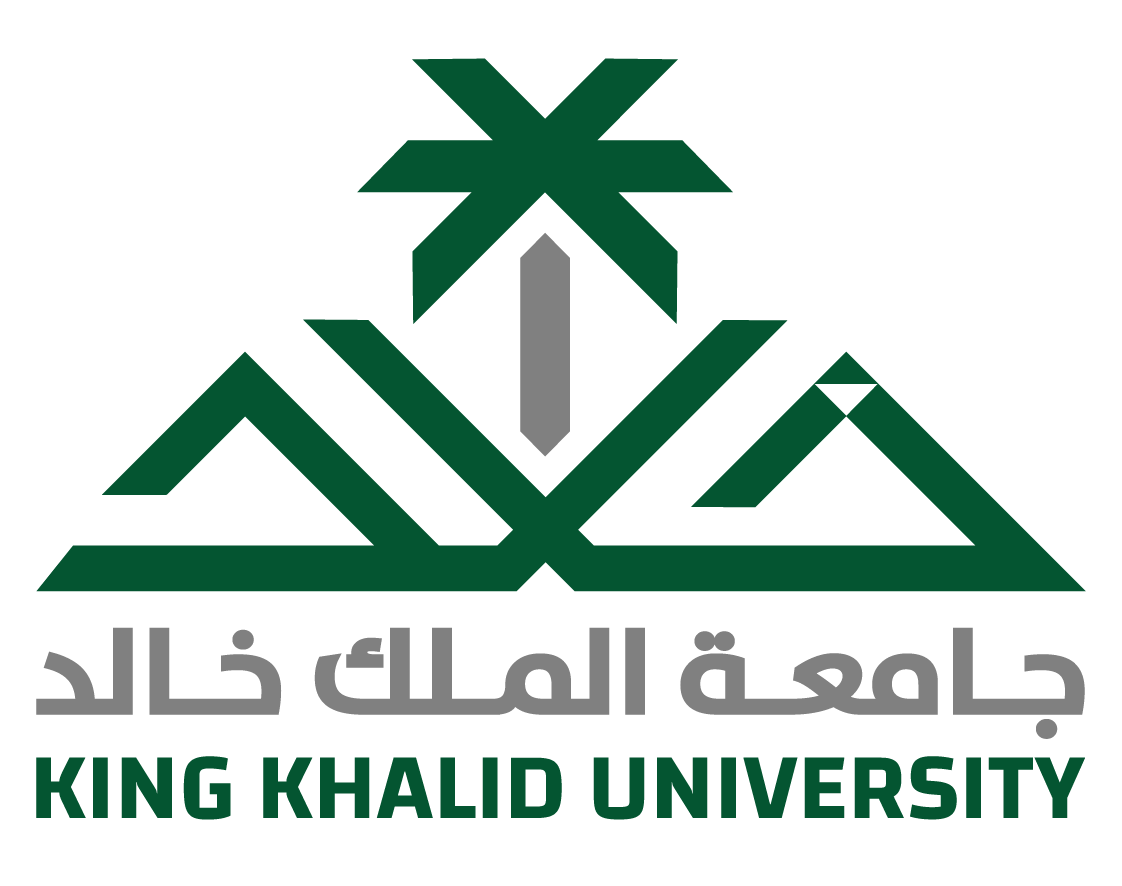الملخص
Abstract Every year millions of people all over the world are exposed to hazardous medical waste. Occupationally or generally, the exposure to medical waste may cause infection of disease. The management of medical waste is of great importance due to its potential environmental hazards and public health risks. In recent years, many efforts have been made by health regulations and environmental guidelines throughout government agencies and professional organization to better manage the waste from healthcare establishments. The present study took into consideration both the quantity and quality of the hospital wastes to determine generation rates and compositions at four selected hospitals in Taif city, Saudi Arabia. Also it investigated an overview of the current management practices of medical waste. Information regarding segregation, packaging, labeling, collection, handling, transportation, and storage of medical wastes is provided and discussed. Statistical analysis system was used to find out measurements for 16 weekly visits during four months survey period. Determined average generation rates of medical wastes were 5.1 kg/bed-day (King Abdul Aziz specialist hospital), 4.3 kg/bed-day (AL-Hada military hospital), 3.0 kg/bed-day (King Faisal hospital), and 2.1 kg/bed-day (children hospital) respectively. While the composition of segregated medical waste represented in percentage values as metal, glass, plastic, paper, cartoon, textile, bottles and drain tubes, gloves, cotton and gauze, residual blood, needles, syringes, and others (cans and juice cartoons, plastic and paper cups, commercial bags and tissues, biscuit and candy envelopes, and water bottles). The results about management aspects indicate that practices in all selected hospitals did not exactly comply with the national medical waste legislation. There is no demonstrated priority on segregation of medical waste in all selected hospitals. Also, more importantly, none of the sites surveyed could provide estimated quantities of waste generated by each department, based upon the known variables within the departments or at least within the hospitals. The same is also valid for compositions. Autoclave is identified as the most preferred treatment method for medical wastes in Saudi Arabia but the treated wastes are disposed of together with municipal solid waste. Finally, according to results, remedial recommendations for medical waste management practices in these hospitals were suggested.

